Building for Today and the Future
A project to strengthen pathways to just climate action in the built environment, combining primary research and visioning workshops in eight cities with global recommendations, toolkits and advocacy.

Summary
- There is an urgent need to reduce the emissions generated by buildings and construction, which are endangering many vulnerable communities around the world.
- Decarbonisation initiatives are crucial to tackle long-standing human rights issues in cities. However, they also risk exacerbating issues relating to right to housing, construction workers’ rights, socio-spatial inequalities and meaningful participation.
- Where communities are left behind, governments and businesses will face public pushback to their green initiatives. This risks resulting in a waste of money and disastrous delays to climate action.
- To avoid this risk, climate action in the built environment must uphold human rights.
- Governments, businesses and investors can apply human rights frameworks to green initiatives so that solutions to social problems are baked into climate action, increasing their public support.
Background
Buildings and construction contribute 37% of global energy-related carbon emissions. At the same time, the built environment is where many people directly experience the impacts of climate change in their daily lives, as well as energy access and affordability.
Governments and businesses around the world are developing and implementing initiatives that reduce carbon emissions in the built environment: constructing new green buildings, introducing public subsidies for building retrofits, or developing low-carbon building materials.
These initiatives are crucial to protecting vulnerable communities that are already experiencing the disastrous impacts of climate change and whose human rights are not being upheld. However, they also risk increasing housing prices, displacing communities and endangering worker’s livelihoods.
Where this is happening, communities around the world are becoming sceptical of climate action, feeling that they will be left behind. This is resulting in visible pushback which risks slowing down climate action and affecting the long-term stability required to tackle climate change.
Project aims and outcomes
According to the ILO "a just transition involves maximising the social and economic opportunities of climate action, while minimising and carefully managing any challenges.” Drawing on this definition, the project seeks to define and inspire climate action in the built environment that brings people along, expands opportunity, respects human rights and avoids harm.
IHRB has undertaken a two year research project to across eight global cities to:
- strengthen the evidence base for a just transition in the built environment through in-depth action research
- build a collective narrative and vision by bringing together local stakeholders
- shape policy and practice by developing toolkits, guidance documents and recommendations
Who is this project relevant to?
Built environment stakeholders at the local, regional and international level can see how decarbonisation initiative can uphold human rights, ensuring broader public support.
Project activities
- Compendium report: Advancing Just Transitions in the Built Environment
- City research reports for Prague, Lagos, Lisbon, Melbourne, Copenhagen, Jakarta, Athens, and Valparaíso.
- Land ownership mapping for Prague, Lisbon, Copenhagen and Athens.
- A collection of 100 examples of emerging innovative models in the built environment.
- Toolkits for local government, investors and worker union representatives.
- Visioning sessions in each city bring together multiple stakeholders to imagine a just and climate-resilient future for the built environment, and workshop what is needed to overcome barriers to action by the public and private sectors. Local artists have translated these visions into unique art pieces.
Illustration: 'Copenhagen, Denmark' by Vivian Monteiro Malta for IHRB's 'Cities of the Future: Visions for a just and climate-resilient built environment'
City findings
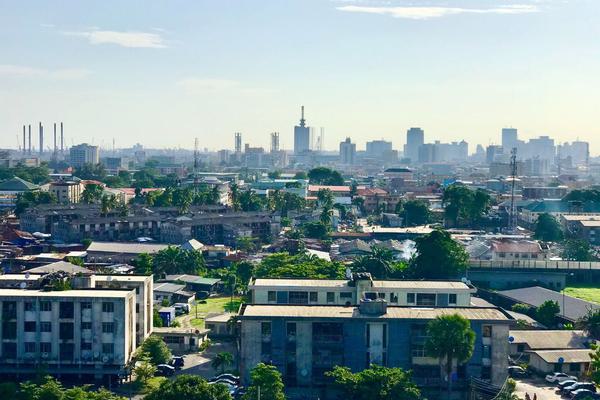
Lagos
The two thirds divide
Read more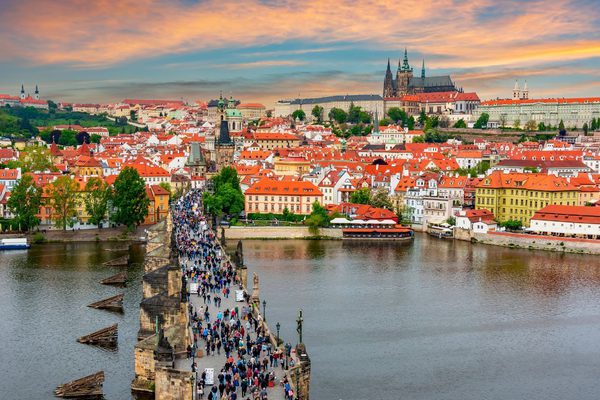
Prague
A call for vision and leadership
Read more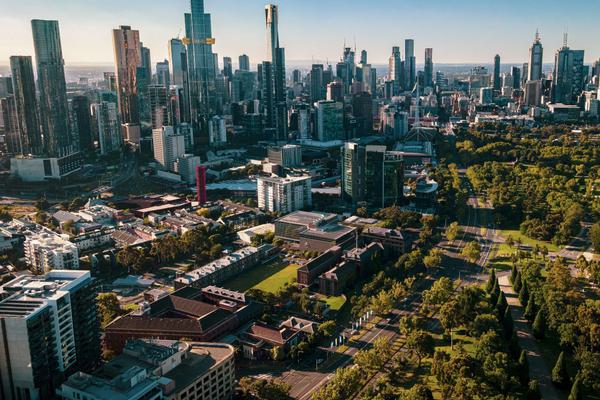
Melbourne
Embedding human rights in housing and climate action
Read more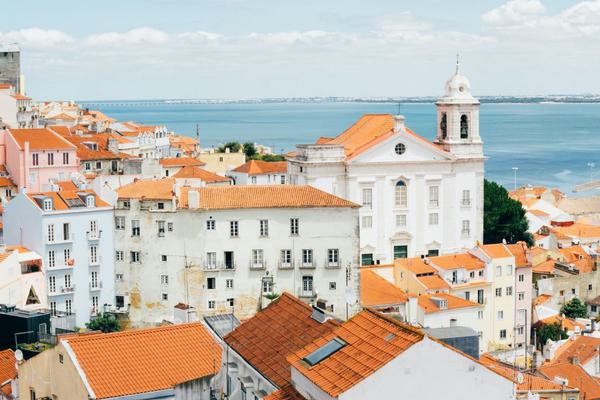
Lisbon
Affordable housing and workers’ rights
Read more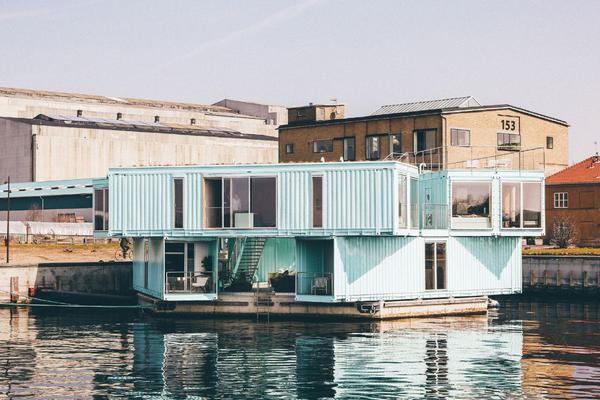
Copenhagen
Behind the green curtain – an exploration of social justice
Read more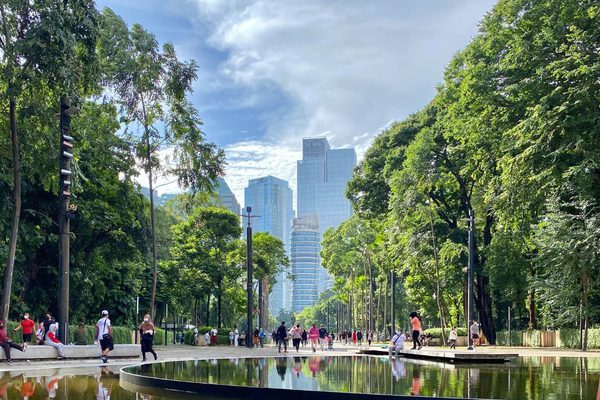
Jakarta
Health and sustainability in the megacity
Read more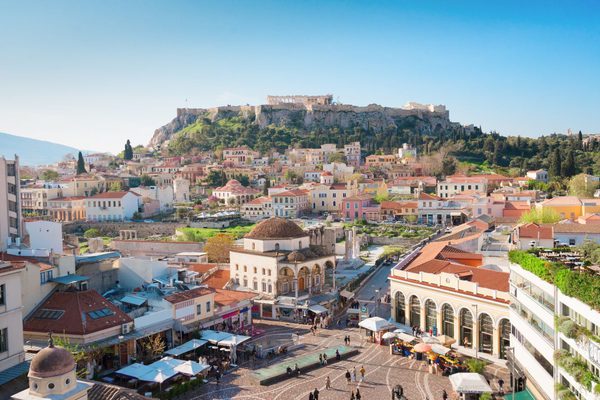
Athens
From ancient roots to future resilience
Read more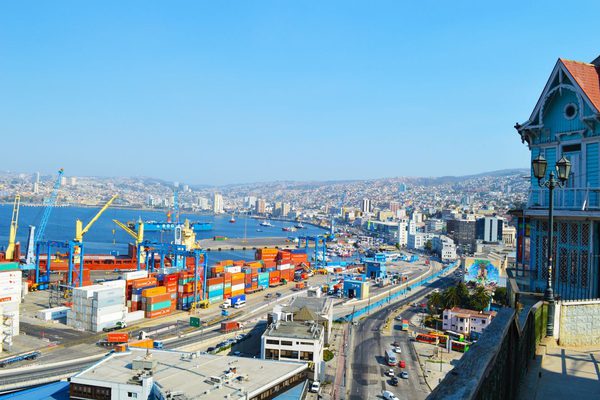
Valparaíso
Human rights in the port city
Read moreTeam
Meet the project team and learn about their expertise









